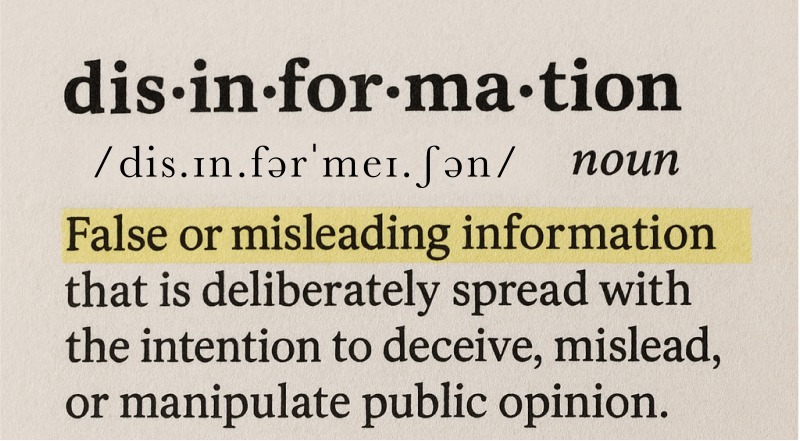
Contrary to what U.S. President Donald Trump has claimed, there is no scientific evidence that a commonly used painkiller causes autism.
Trump, together with Health and Human Services Secretary Robert F. Kennedy Jr., yesterday announced supposed findings on a link between Tylenol use during pregnancy and autism, and said that the U.S. Food and Drug Administration will issue a physician’s notice about the potential risk of taking the painkiller during pregnancy.
Tylenol is a brand name for the drug acetaminophen and is known as paracetamol in Europe.
Trump’s announcement flies in the face of numerous respected voices from the scientific community. Many scientists immediately refuted his claim and highlighted scientific evidence to the contrary. By insisting on the link, the U.S. government is actively spreading disinformation.
The scientific consensus is clear: there is no evidence to support a link between paracetamol and autism.
A 2024 study — funded by the National Institutes of Health and conducted by the Karolinska Institute and Drexel University — analysed data from nearly 2.5 million Swedish children, making it the largest study of its kind. While initial results suggested a possible connection between prenatal paracetamol exposure and autism, ADHD, or intellectual disabilities, subsequent sibling studies showed that no such link existed. Sibling studies control for genetics and shared environment, and are considered the gold standard.
Instead, research cited in the 2024 study has shown that some parents with genetic traits of ADHD and autism can be more likely to experience migraines and other pains during pregnancy, which could lead them to take painkillers, including paracetamol. The science behind this is very complex, and there is no single gene or environmental factor known to cause autism. But to put it extremely simply: paracetamol is not causing autism; mothers who have autistic genes anyway may tend to reach for the painkiller more often than others. It’s a classic case of correlation, not causation.
The authors of the 2024 study put it very clearly in their conclusion: “Acetaminophen use during pregnancy was not associated with children’s risk of autism, ADHD, or intellectual disability […].”
Leading medical organisations, including the American College of Obstetricians and Gynaecologists, spoke out against Trump’s announcement and continue to recommend paracetamol as a safe pain reliever during pregnancy when used as directed.
This effort to link autism in children to the use of paracetamol during pregnancy appears aimed at stoking fear rather than protecting public health. Paracetamol remains the safest and most widely recommended option for pain relief in pregnancy, especially since alternatives like ibuprofen have been credibly linked to risks of miscarriage and birth defects. Singling out paracetamol only serves to heighten anxiety, burden pregnant people, and shift blame onto them if their child is later diagnosed as autistic.
Autism is part of human diversity, and autistic people deserve acceptance, inclusion, and adequate support. This current disinformation — and previous derogatory statements made by RFK Jr. against autistic people — only divide society and perpetuate hurtful stigmatisation. Crucially, directing public agencies’ efforts toward the pursuit of already debunked theories wastes valuable and already too scarce resources.
Fortunately, many European lawmakers have pledged their support to the autism community. We can only hope that the latest wave of transatlantic disinformation does not erode their commitment to actually improving the lives of autistic people in line with their obligations under the UN Convention on the Rights of Persons with Disabilities.
Autism-Europe urges the public and policymakers to rely on the best available evidence. Representing over 90 associations across Europe, Autism-Europe stands firmly against fearmongering and negative public discourse that seeks to stigmatise autistic people and reduce autism to a problem to be solved. We call on international leaders to focus their efforts and investments on holistic, rights-based, cross-sectoral policy responses to address the discrimination experienced by autistic people in all areas of life.